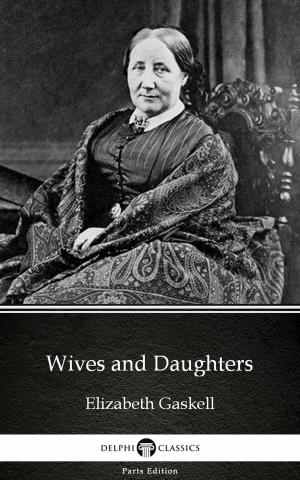| Author: | Henry Bourne | ISBN: | 6610000021031 |
| Publisher: | PublishDrive | Publication: | July 16, 2017 |
| Imprint: | Merkaba Press | Language: | English |
| Author: | Henry Bourne |
| ISBN: | 6610000021031 |
| Publisher: | PublishDrive |
| Publication: | July 16, 2017 |
| Imprint: | Merkaba Press |
| Language: | English |
THE close of the Seven Years' War brought only a lull in the great conflicts of the eighteenth century, and yet for a time men seemed less influenced by dynastic quarrels, and their attention was centered upon questions of social and political reconstruction. The policies of rulers were affected by these newer interests. They tried to make an end of crying abuses, or at least to simplify their administrative systems and to remove troublesome obstacles to the exercise of their authority. In the last years of the century the timid plans of monarchical reform in France were thrust aside by a popular revolution which aimed to reorganize society according to the principle of equality. The same principle of reorganization was carried beyond the ancient frontiers of France when war broke out and victorious French armies sought to enlarge the borders of the nation or to impose the national institutions upon dependent peoples. Before the period closed with the downfall of Napoleon and the settlement of 1815, these two forces of monarchical reform and revolutionary action had worked many changes in the structure of European society.
No brief description of the characteristic features of the old régime can be made altogether satisfactory, because within the limits of a single country, or even of a province, there existed such baffling diversity. Although the proportions of truth are difficult to fix, the impression grows irresistible that the classifications of men in the eighteenth century were outworn, rigid, and unfair, and that those who labored on the farm or in the shop were seriously hampered by restrictions laid upon them by law and custom. When Rousseau declared in 1762 that "Man is born free and is everywhere in chains," the second part of his statement was sufficiently exact in the economic and the larger social sense. The population of Europe was still mainly rural and its principal occupation was agriculture. Nine-tenths of the French people lived in the country or in small towns. Lyons was the only city besides Paris which had over one hundred thousand inhabitants. In Germany Berlin had just passed the one hundred thousand mark. Birmingham and Manchester, the great manufacturing centers of England, which now have a population of over five hundred thousand, had about thirty thousand. The inventions which created the modern factory system and have filled the towns with throngs of artisans had not been made. Industry was carried on much as it had been for generations.
THE close of the Seven Years' War brought only a lull in the great conflicts of the eighteenth century, and yet for a time men seemed less influenced by dynastic quarrels, and their attention was centered upon questions of social and political reconstruction. The policies of rulers were affected by these newer interests. They tried to make an end of crying abuses, or at least to simplify their administrative systems and to remove troublesome obstacles to the exercise of their authority. In the last years of the century the timid plans of monarchical reform in France were thrust aside by a popular revolution which aimed to reorganize society according to the principle of equality. The same principle of reorganization was carried beyond the ancient frontiers of France when war broke out and victorious French armies sought to enlarge the borders of the nation or to impose the national institutions upon dependent peoples. Before the period closed with the downfall of Napoleon and the settlement of 1815, these two forces of monarchical reform and revolutionary action had worked many changes in the structure of European society.
No brief description of the characteristic features of the old régime can be made altogether satisfactory, because within the limits of a single country, or even of a province, there existed such baffling diversity. Although the proportions of truth are difficult to fix, the impression grows irresistible that the classifications of men in the eighteenth century were outworn, rigid, and unfair, and that those who labored on the farm or in the shop were seriously hampered by restrictions laid upon them by law and custom. When Rousseau declared in 1762 that "Man is born free and is everywhere in chains," the second part of his statement was sufficiently exact in the economic and the larger social sense. The population of Europe was still mainly rural and its principal occupation was agriculture. Nine-tenths of the French people lived in the country or in small towns. Lyons was the only city besides Paris which had over one hundred thousand inhabitants. In Germany Berlin had just passed the one hundred thousand mark. Birmingham and Manchester, the great manufacturing centers of England, which now have a population of over five hundred thousand, had about thirty thousand. The inventions which created the modern factory system and have filled the towns with throngs of artisans had not been made. Industry was carried on much as it had been for generations.















